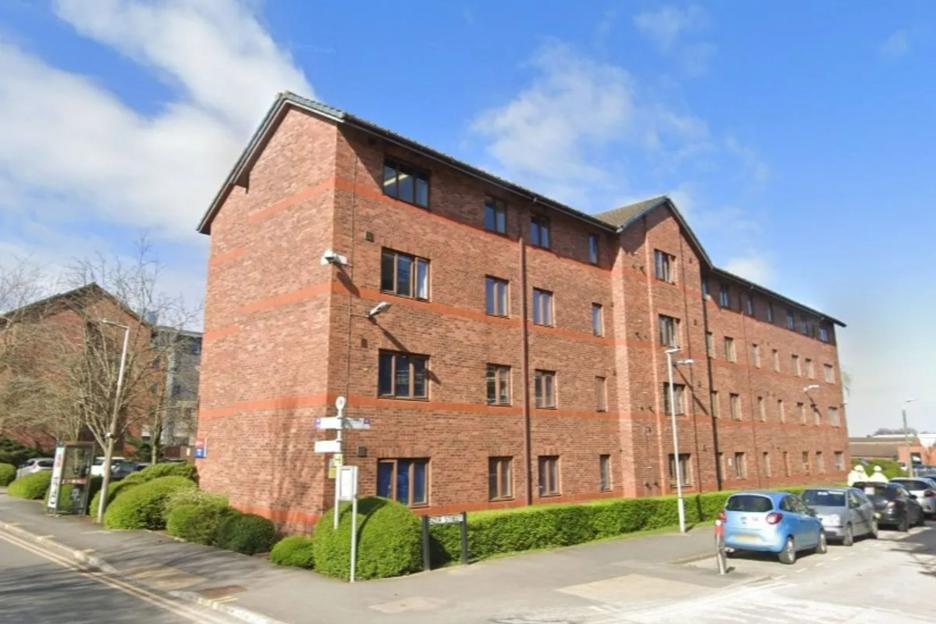YOU don’t need to sit for long watching the departure boards at Britain’s airports to realise we have a desperate shortage of runway capacity.
One small hiccup, such as that caused by the on the airline check-in system over the weekend, and the delays and cancellations last for days.
 Britain’s airports have a desperate shortage of runway capacity
Britain’s airports have a desperate shortage of runway capacity
 The Government has finally come out in favour of a second operational runway at Gatwick
The Government has finally come out in favour of a second operational runway at Gatwick
 Labour’s Sadiq Khan is threatening to take the Government to court over expansion of Gatwick and Heathrow
Labour’s Sadiq Khan is threatening to take the Government to court over expansion of Gatwick and Heathrow
What a relief, then, that , a mere 12 years after the airport announced it.
It should mean up to an extra 100,000 flights a year, as well as more reliable journeys for all air travellers.
Finally, a minister seems to have got the message that economic growth is being stifled by overbearing environmental policies.
Transport Secretary , who made the announcement on Gatwick, recently blamed “eco warriors” for blocking new runway plans.
Contrast is laughable
But don’t get too excited.
Britain being Britain, it will still be the end of the decade before the runway will be open for business.
And don’t even assume that even that loose timetable will be met.
It shouldn’t really be a big construction job.
Gatwick actually already has a second runway, which is used in emergencies, but it isn’t quite far away enough from the main runway to be used concurrently.
That means it will have to be located further to the north. We’ve taken 12 years to decide it’s OK to move the runway 12 metres.
But no doubt there will be bat surveys to carry out.
Then some rare vole will be found burrowing in the grass where the runway is to go and there will be years of wrangling, and many millions spent, finding a new habitat for the creatures.
The tale of doesn’t boost confidence.
It is already 18 years since government launched a public consultation into a third runway for that airport and 16 years since it decided to go ahead with the project.
But still not an inch of tarmac has been laid. The current government says it supports the runway, too, but still it won’t be open before 2040 at the earliest.
The contrast with how quickly we used to be able to build things is laughable.
When the blocked the land corridor to West Berlin in 1948, requiring all supplies to the city to be brought in by air, it took 90 days for the Allied military authorities, aided by civilians, to build a new runway and get it operational.
There is a another big, jumbo jet-sized obstacle that it will have to overcome: Britain’s legally binding Net Zero target
Ross
Tegel airport, as it became, was in use until five years ago.
And to think they didn’t have the advantage of modern earth-moving equipment, while all the machinery they needed to build it had to be flown in via West Berlin’s other airport.
Now, it seems to take us at least a decade to think about doing something, another decade to argue with the green lobby, and then another decade to build it — if it doesn’t get cancelled halfway through the construction process.
It isn’t just bats and voles.
There is a another big, jumbo jet-sized obstacle that it will have to overcome: Britain’s legally binding .
Already, environmental groups — as well as Labour’s own — are threatening to take the on the basis that any expansion of airports is not consistent with the target.
The problem is that they are all too likely to win.
In fact, a gaggle of green pressure groups did score a victory against the then government over Heathrow’s third runway, which the Court of Appeal ruled was not consistent with the Paris Agreement on
That decision was later overturned by the Supreme Court on the grounds that the Paris Agreement was not legally binding.
The 2050 Net Zero target was not in force when the Heathrow decision was made. The current government will have a harder job fighting for Gatwick.
Squeal with outrage
It will have to prove to the courts that it can increase the number of planes taking off and landing while still reducing Britain’s carbon emissions to Net Zero.
It is pointless Britain declining to build new airports when other countries are building masses of them
Chris Curtis, co-chairman of the Labour Growth Group
But it likely won’t be able to do this because there is no at present that will allow planes to fly around the world without spewing out carbon.
The Government has put its faith in “sustainable air fuel” made from used cooking oil and other waste.
But there are only so many chip shops in the world and they are struggling to meet demand for the small amount of SAF which is already used.
Even if there was enough used cooking oil, SAF costs between two and seven times as much as traditional airline fuel — and so threatens to make flying too expensive for the masses.
Chris Curtis, co-chairman of the Labour Growth Group, quite correctly argued yesterday that it is pointless Britain declining to build new airports when other countries are building masses of them — China is planning to build 150 of them over the next decade.
But it still hasn’t quite sunk in with the Government that if it wants aviation to take off the Net Zero target is going to have to go — however much , Sadiq Khan, the and multitudes of green pressure groups will squeal with outrage.
 Protecting native species like voles has slowed construction of projects in recent years
Protecting native species like voles has slowed construction of projects in recent years
 But it isn’t just protecting wild animals that is holding up Britain’s major infrastructure plans
But it isn’t just protecting wild animals that is holding up Britain’s major infrastructure plans






